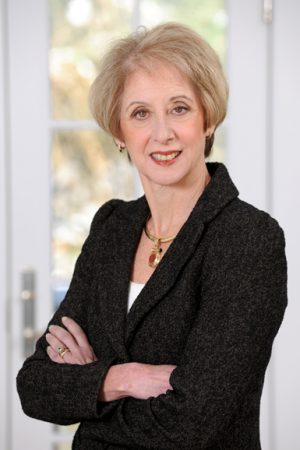
Developers are changing the cityscapes of lower Westchester County and even changing how development gets done.
But who knows what works and what doesn”™t?
The Business Council of Westchester wants to figure out the formula for sustaining growth and avoiding the boom and bust of previous real estate cycles. It is producing a playbook to help every town in the region discover the lessons that developers and government officials have learned in recent years.
“We have all the ingredients here,” said Marsha Gordon, president and CEO of the BCW. “We see forces coming together for smart growth.”
The ingredients include quality-of-life features that attract and retain residents, like thousands of acres of parks and trails, distinctive towns and a vibrant restaurant scene. They include a strong health care system, good schools and a Metro-North train system that quickly connects residents to the culture and commerce of Manhattan.
The forces include low interest rates, a recognition that cities need to find new revenues and investors who see potential here.
But Westchester has also had a reputation for slow development and of decade-long approval processes. While Brooklyn, Queens, Hoboken and Jersey City grew, Westchester lagged.
The collective zeitgeist began to change before the Great Recession, according to Geoffrey Thompson, a partner in Thompson & Bender marketing firm and a BCW consultant, when developers like Louis R. Cappelli began putting up high-rise residential and retail buildings in White Plains and New Rochelle.
Those efforts stalled around 2008, as the national economy crashed, but they made an impression.
“No one thought anyone would live in a high rise in White Plains,” Thompson said. Now there is a demand for high-rise residences.
Mount Vernon, New Rochelle, White Plains and Yonkers became proving grounds, welcoming developers and finding ways to speed up projects.
New Rochelle, for instance, hired RXR Realty and Renaissance Downtowns as a master developer. The joint venture completed a comprehensive state environmental quality review for the city center development area. Now any developer can skip that expensive, time-consuming step, cutting the approval process by a year.
Four mayors, Gordon said, have assembled strong economic development teams, referring to Noam Bramson in New Rochelle, Thomas Roach in White Plains, Mike Spano in Yonkers and Richard Thomas in Mount Vernon.
Developers notice when a city invests in itself, Thompson said. Now it”™s no longer the same three developers proposing projects. National and international firms are showing up.
Timothy M. Jones, a partner in Robert Martin Co., a real estate investment, development and management company in Elmsford, is head of the board committee leading the urban initiative. Other committee members have expertise in urban planning, development, marketing, engineering, law and government.
“We want to help the cities understand not only how to attract residents, primarily rentals,” Gordon said, “but what they need to do to keep people in the cities.”
It”™s not only about figuring out how to put up thousands of residential units, said Elizabeth Bracken-Thompson, a partner in Thompson & Bender and a member of the BCW board, but how to sustain the gains for years to come.
BCW began the public phase with a panel discussion on “Reimagining Our Downtowns: The Residential Model,” that featured developers with projects in the four cities on March 7 at Abigail Kirsch at Tappan Hill Mansion in Tarrytown.
A symposium on how cities can sustain momentum after projects are built will be presented May 10 at Fordham University”™s West Harrison campus.
Roundtable discussions in the four cities will be held in the fall with government officials, community leaders and business leaders.
Then the BCW will produce “Playbook for Urban Centers.”
What makes an urban center successful, how cities can make themselves more attractive to developers and how developers can successfully navigate municipal approvals will be some of the key topics.
The board, Geoffrey Thompson said, takes an activist approach. It will not be content with a playbook that points out problems but gathers dust on a shelf.
“We”™re trying to make things happen.”



















